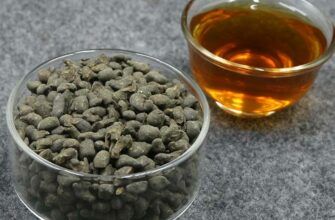Jan 29 2013
Decaffeination is the process of removing caffeine from beverages such as coffee and tea. The main reasons for removing this substance from drinks are the results of studies on the effects of caffeine on human health, in particular on the health of pregnant women.
Pregnant women are often advised to avoid or partially reduce their caffeine intake. In order not to limit the nutrition of pregnant women and their desires, coffee and tea without caffeine are produced. On the other hand, some beverages such as tea, especially green tea, have many health benefits and are also partially destroyed during decaffenization.
Pregnant women are among those people who are often advised to avoid or reduce their caffeine intake. This means they can switch to decaffeinated tea consumption. This is because many drinks with caffeine and caffeine itself are considered as psychotropic, active substances, since they act specifically on the human central nervous system.
Consuming large amounts of caffeine during pregnancy can affect birth weight and even cause miscarriage, since caffeine is a stimulant. It can also increase heart rate and metabolism for a short period. May cause vasoconstriction and thereby reduce blood flow to the placenta. All of these can affect the developing fetus. In addition, caffeine has diuretic properties.
Also, black tea and coffee can interfere with the absorption and utilization of iron and folic acid, especially if taken immediately after a meal. For all of these reasons, there is a consensus that expectant mothers should avoid drinking large amounts of caffeinated beverages.
Read more:






